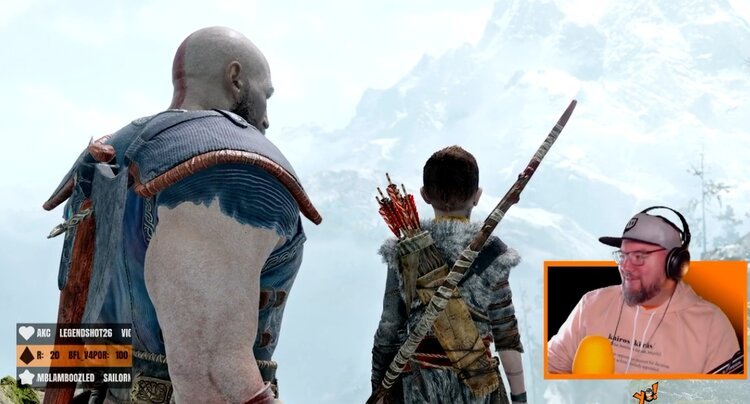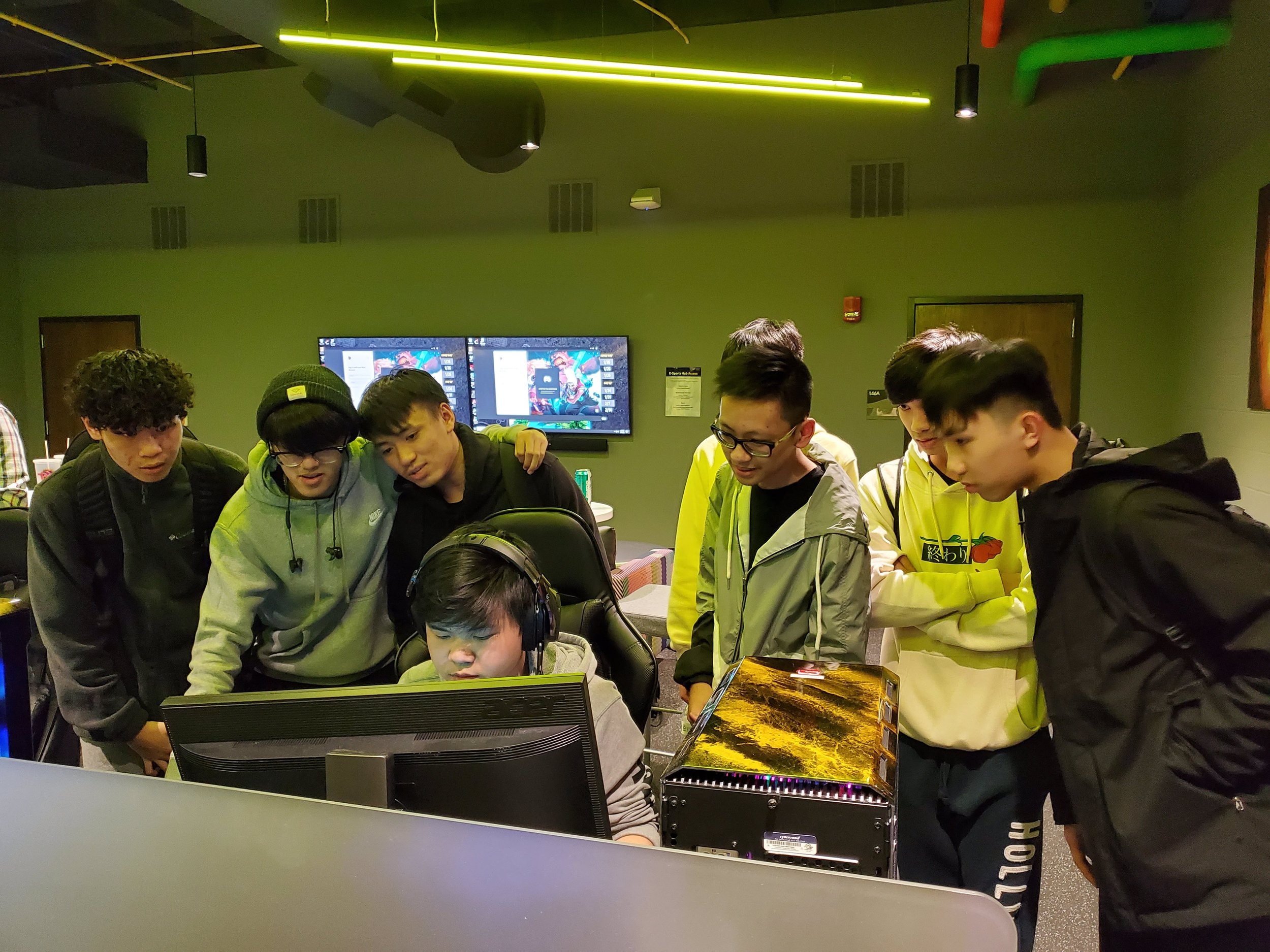How did the Videogames and Esports Foundation become an organization?
Bubba was the first VEF Employee
Bubba is a professional broadcaster, host, consultant, entrepreneur, higher education professor, content creator, and veteran event manager. His main focus is on gaming, esports, education, and technology. He has worked in radio, television, live streaming and is the founder of the Jolumi Media firm (Joe-lou-me), where he consults for multiple esports, gaming, sports, tech, and education companies. He has been a gamer and self-proclaimed “NERD” ever since he was a kid when his dad managed Radio Shacks in Oklahoma, USA. Bubba has been a professor in higher education since 2013 and is the current Head of Events and Senior Instructor at the College of Esports in London, UK. He has worked in the non-profit and traditional sports industry for over 24 years with the YMCA, NCAA, NAIA, Parks and Recs, Sports Commissions, and the Chamber of Commerce. In 2018, he helped create the non-profit 501(c)3 charity the Videogames and Esports Foundation (VEF), and became the first employee as the Executive Director. Now serves as the President & Co-Founder as he lives with his family and works in the UK.
When he learned of the esports industry, he noticed an issue that needed some attention, so out of necessity, this charity was created. Keep reading to find out how the VEF started.
In July 2017 he dove deep into the world of online streaming through Twitch. At first, he wanted to create content of random Fortnite squads using impressions. Then he started streaming his own artwork to build up his Twitch channel. Viewers started watching and they began to ask if Bubba could make logos and backgrounds for their Twitch channels. Two years later he had more then 100 clients, and over 1,000 pieces of art made for Twitch streamers.
By 2018, Bubba was still organizing traditional sports events such as 5,000-person marathons, basketball, soccer, and football events through the sports commission in a suburb of Kanas City. He then partnered with a few gaming and esports organizations in Kansas and Missouri to create the KC Esports Expo which hosted over 800 gamers playing game titles such as Fortnite, Overwatch, Halo, and others.
One of the booths at the event was a local Kansas City organization called the High School Esports League (HSEL) that worked all across North America supporting schools and students with school esports clubs and running online competitions for them. Bubba got to sit down with Mason Mullenioux the co-founder of HSEL. Bubba looked at the HSEL map of 1,500 schools they had at that time and noticed there were not very many schools in the urban cores or rural areas. He realized that schools in the suburbs had access to equipment and league fees due to higher levels of financial and community support, but the students in the urban areas could not even compete on the same playing field when it came to accessing esports programs and equipment. He told Mason that scholastic esports needed some sort of a non-profit to support these schools in areas with disenfranchised students to gain access to funds and grants. Also, the scholarships that HSEL was giving out to students for competing in national events needed a non-profit to partner so those funds could be distributed to students into their college student accounts, rather than students paying taxes on their prizing.
By December 2018 Bubba, Mason, and others completed the Videgoames and Esports Foundation 501(c)3 IRS paperwork. However, the VEF sat dormant for 6 months with no direction. Then in the Summer of 2019, Bubba sat back down with Mason so they could find someone to handle the day-to-day operations of the VEF. That is when Bubba decided to take the leap and left traditional sports to become the first employee of this charity. To help drive more grants and scholarships to help students and schools in low-income areas with access to esports clubs, funding was needed to be secured. The foundation over the years gotten many great sponsors and donors such as Optic Gaming, Lenovo Esports, Roblox/Frigo Cheese, and Gillette. The foundation is always looking for a way to provide more dollars to more schools. You can donate now.
There are now over 6,000 high schools and middle schools with esports clubs in North America, and the foundation is looking to help 1 million students over the next 5 years gain access to STEM education through esports clubs.






